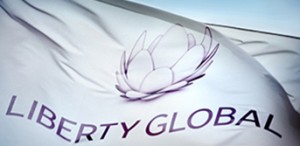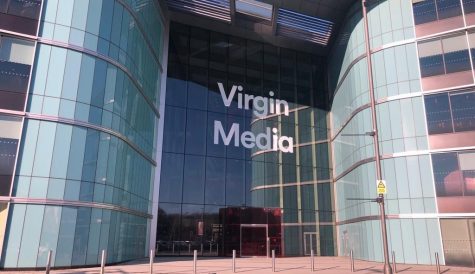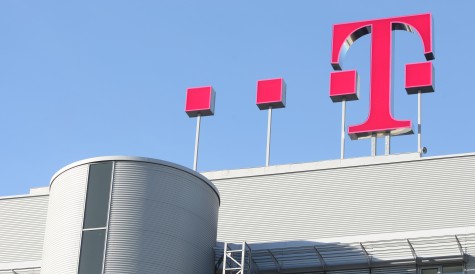Liberty Global’s Fries confident on direction of regulation in Europe
 Liberty Global is not overly concerned about threats to regulate cable in European markets, despite “politicized” moves to regulate in specific markets, according to president and CEO Mike Fries.
Liberty Global is not overly concerned about threats to regulate cable in European markets, despite “politicized” moves to regulate in specific markets, according to president and CEO Mike Fries.
Speaking at the Citi’s 2018 Global TMT West conference, Fries also played down the threat that the European Electronic Communications Code, currently going through the ‘trilogue’ process – the informal negotiations between the European parliament and other EU bodies – would be amended so as to present a threat to cable.
Fries said regulation in Europe is “evolving” with the trilogue over the final form of the Electronic Communications Code ongoing. He said there was “some political squabbling” but expressed confidence on the basis that the European Commission – “the expert in this matter” – agrees with LG that the existing framework provides a level playing field.
Fries said that attempts to regulate cable on the same basis as historic incumbents was “political”, rather than based on a clear analysis of the competitive reality. “We’re going to have to fight those battles,” he said.
“In markets where it has emerged, like Belgium, it is a politicised matter,” he said.
Belgian regulator the BIPT has attempted to create a distinction between cable and broadband telecom networks that would define Liberty-owned Telenet as a monopoly in the Flemish cable market.
Fries said that Belgium’s existing ‘open cable’ regime – which provides access to cable TV services to third parties on a wholesale basis, had not adversely affected its Telenet unit’s share price. He said that Telenet’s wholesale deal with Orange had “no meaningful impact on our P&L”.
Fries said that Liberty remained committed to building out its network further as a key element in its growth strategy. He said the company had built out a million homes in the UK through Project Lightning last year.
He said build-cost, ARPU from new homes and penetration achieved all mean that “the economics of this project are terrific”.
Fries said that the average per home build cost in the UK is £630, which he said was now fairly stable. “It depends on mix and density…but we feel pretty good about that number and it provides pretty good returns.”
“We are infinitely better at building networks at this point than we were a year ago,” he said.
He said Liberty was focusing on investing in building out rather than monetising plant it had already built: “We want to seed the ground for five years of growth…We are long-term players in this market.”
Fries also said that Liberty is “converging” in multiple markets. “We will be part of or the controlling shareholder of one of the two big players in each market,” he said.
He said that Liberty’s fixed-mobile JV with Vodafone in the Netherlands had proved that the synergies from convergence were “real”, adding that the number of converged customers had increased and the company was working to extend the converged base.
The Netherlands is facing a four-to-three mobile merger with T-Mobile set to combine with Tele2, but Fries said this could raise regulatory issues. He said Deutsche Telekom’s goal was to create a third fixed mobile player after KPN and VodafoneZiggo and he “welcomed that competition”.



